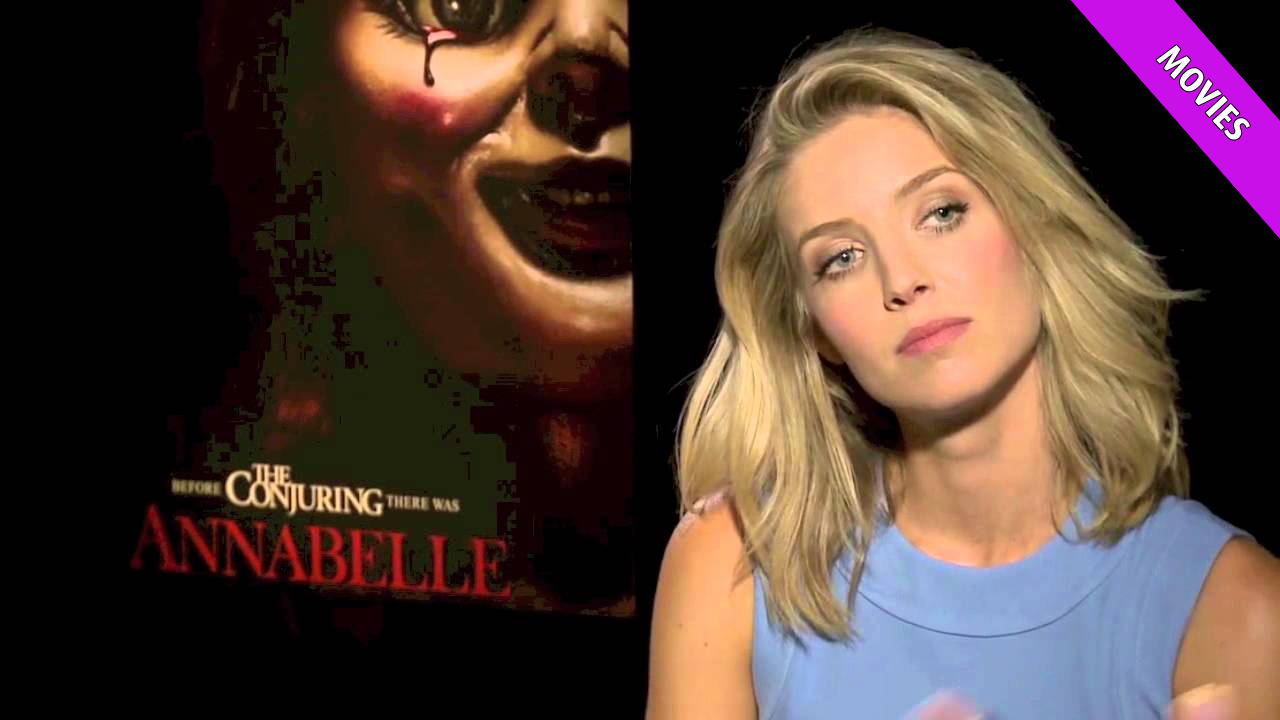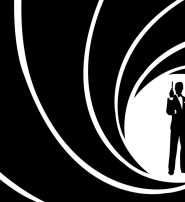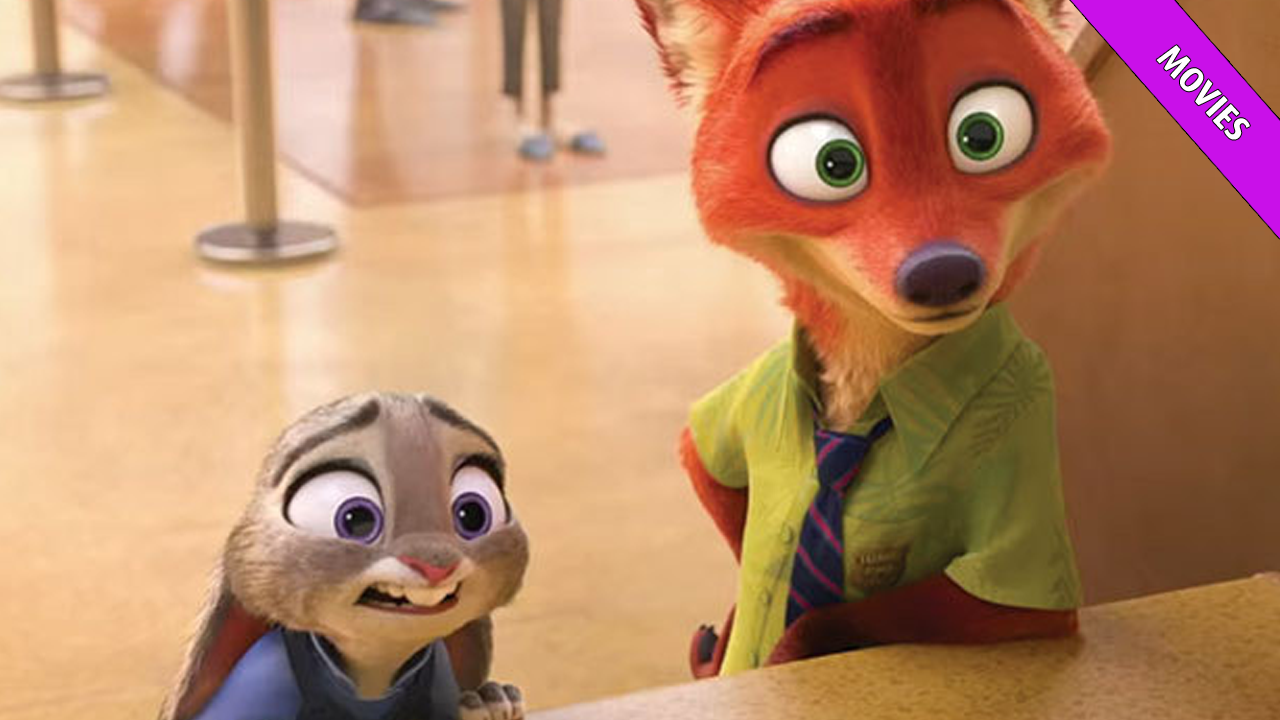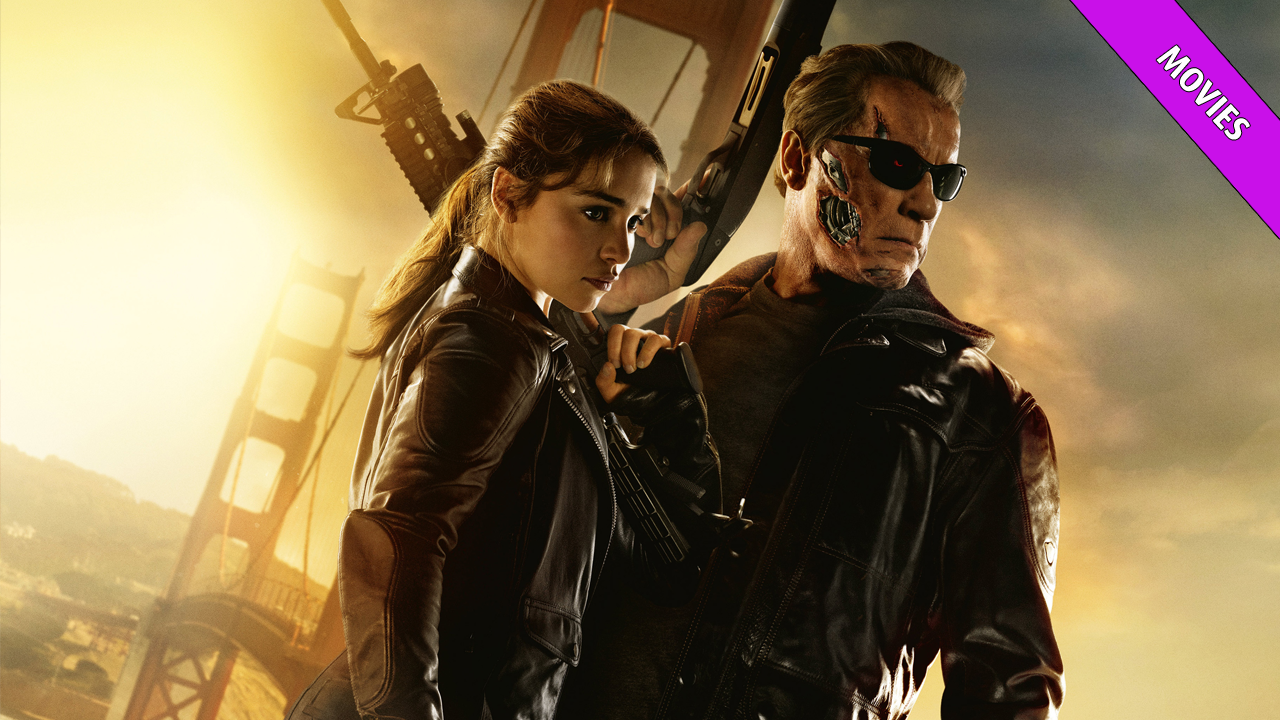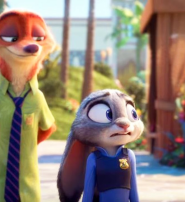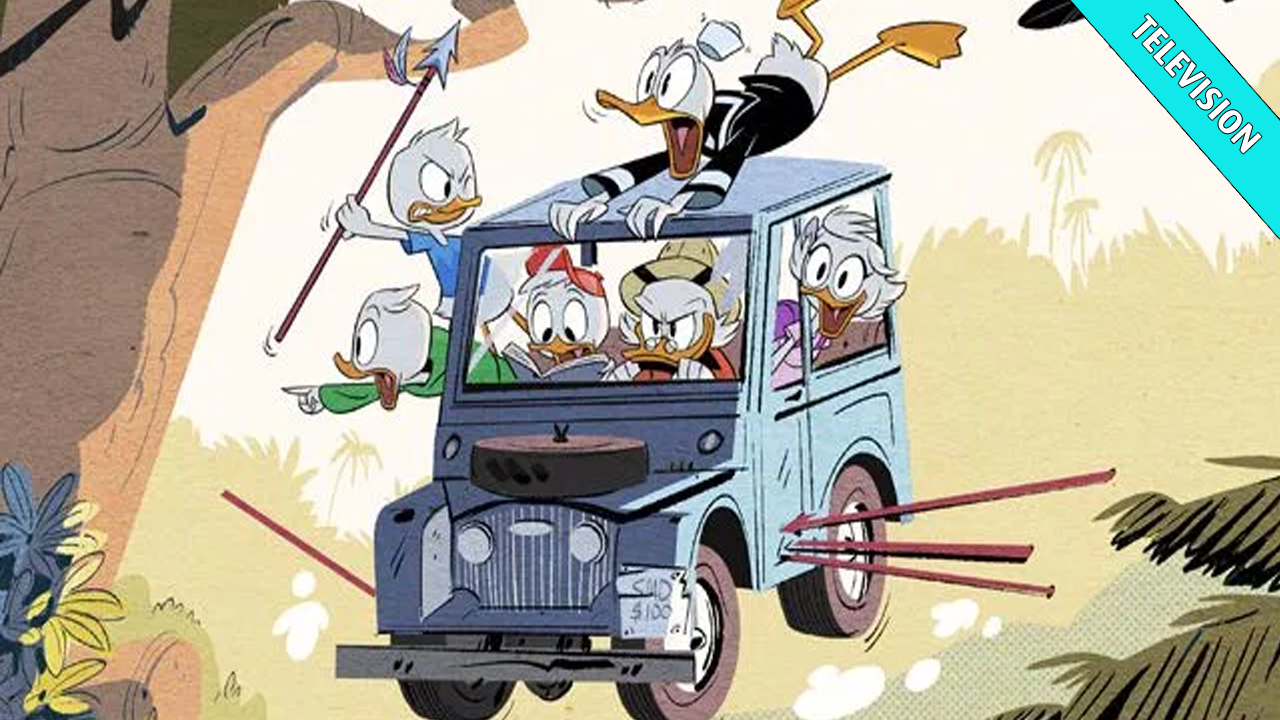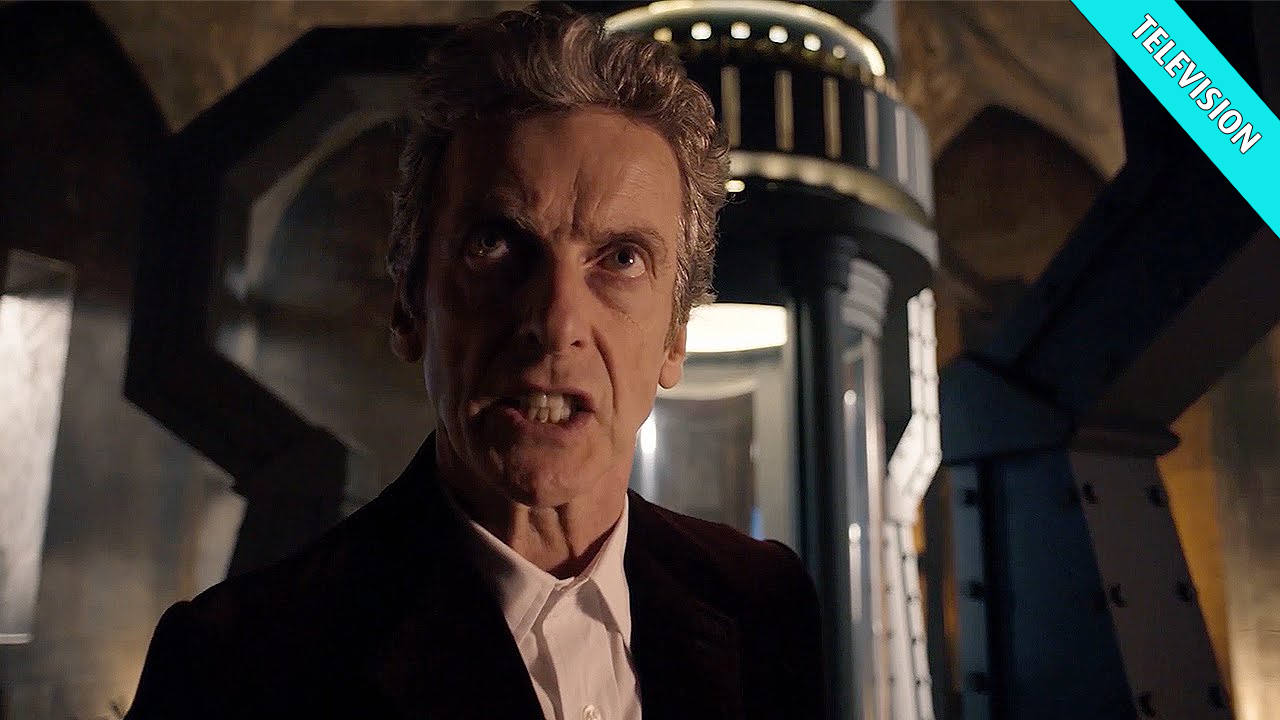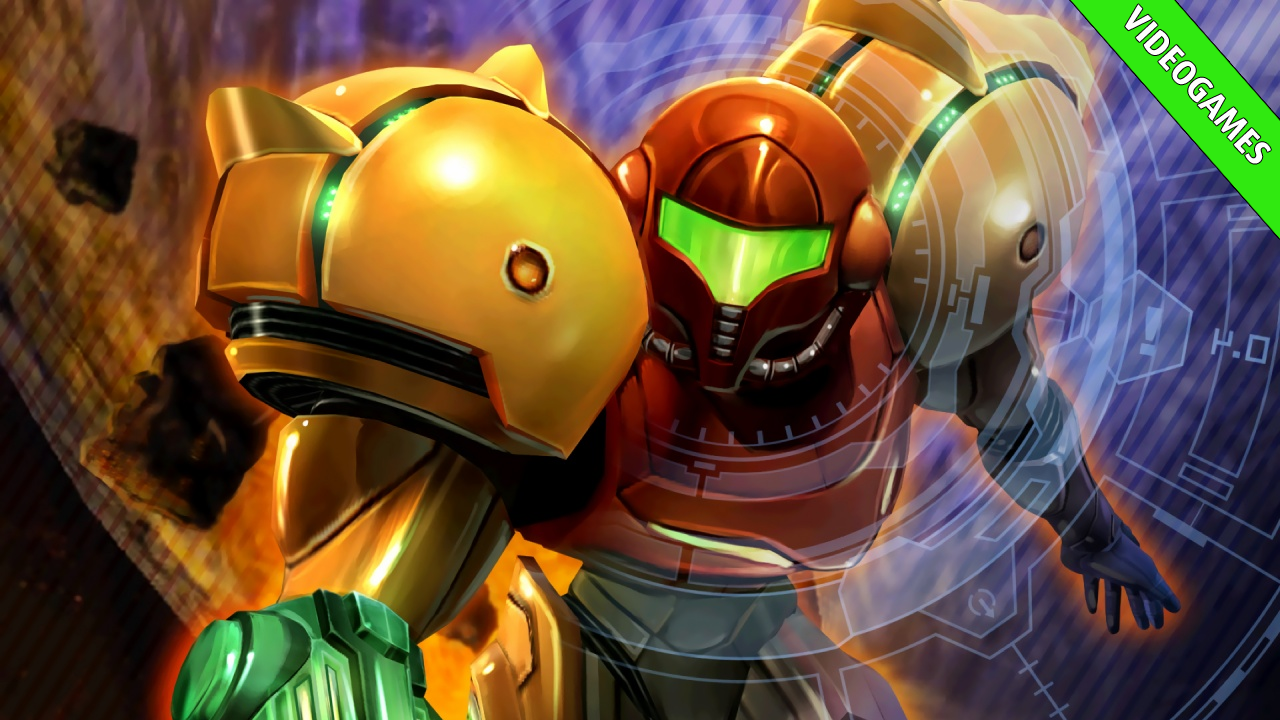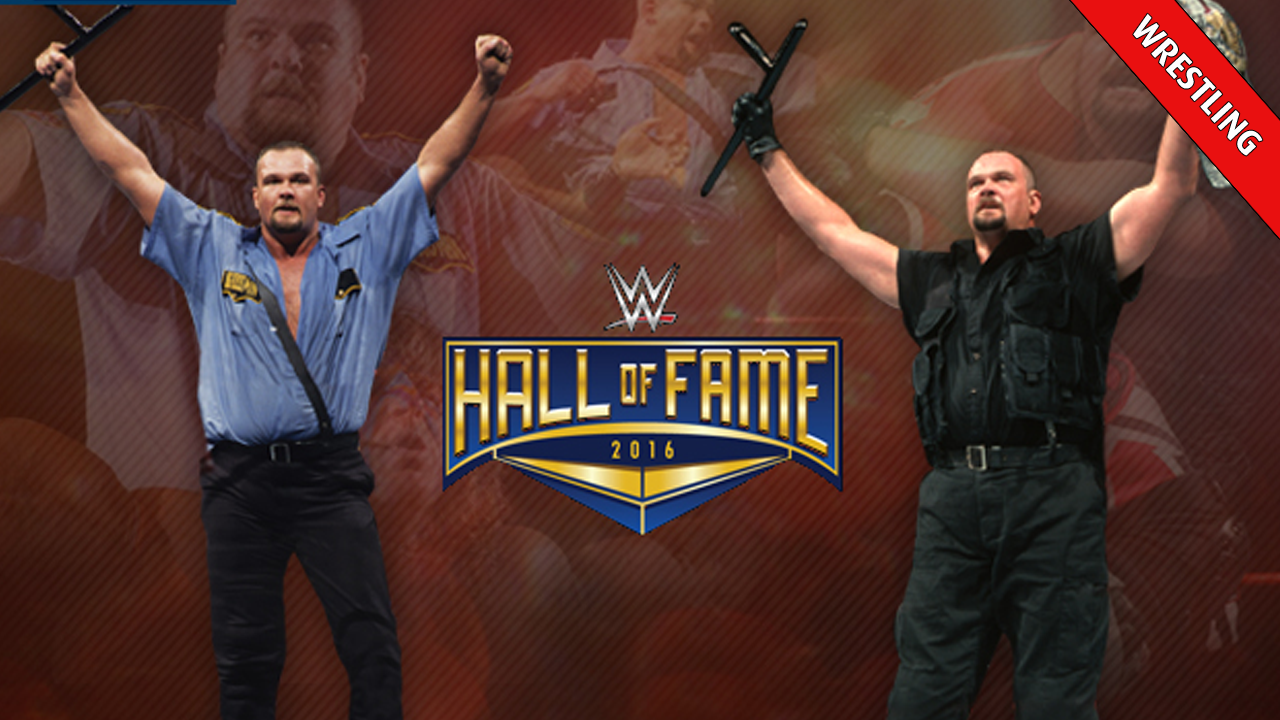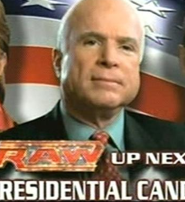The Revenant Review (2015)
The Revenant is one of those films that you can’t help but admire. The sheer amount of suffering it’s crew went through to tell it’s story is admirable. Directed by Alejandro G. Inarritu, winner of last years Oscar for Birdman, this film is a daring tale of survival against bleak odds. But is it worthy of all the praise?
The plot see’s Glass, a fur-trappers’ scout who’s left for dead after a bear tears into him. He survives and spends the rest of the movies (long) runtime trying to catch up with John Fitzgerald (Tom Hardy) – one of the men who left Glass for dead and murdered his son in the process. This is really a film about man’s inhumanity towards each other and the ability to rise and survive when the odds are stacked against poor old Leo. Oh and there’s some awkward CGI thrown in that may or may not break your immersion.
There’s something insanely joyless about The Revenant; a joylessness that leaves little room for any other emotions. When we see Glass curled up against his son’s frozen corpse weeping it’s a harrowing moment but the film never allows the audience to feel the range of emotions that should rise from this – it beats us so heavily with one tone that it’s hard to get worked up and even harder to get invested. This isn’t really helped by Tom Hardy’s Fitzgerald character – the films de-facto villain – who feels jarringly cartoonish against the insane realism of the rest of the film strives for. His dialogue feels forced, spewing lines such as “Mebbe you shoulda raised a man ‘stead sum girly little biyotch.” and referring to the Indians as “tree-niggers”; serving as a reminder this is set in the 1820’s. It’s awkward and when added in with a grizzled accent that almost makes his lines harder to understand almost amounts to a deal breaker.
Leonardo DiCaprio throws everything into this performance and its hard not to be moved by the level of suffering he subjected himself too to make this movie happen – but it all feels slightly forced. See when the movie drowns you in so much agony and forces Leo to play to this one emotion, it really doesn’t matter if that suffering is real or not. Take the scene where DiCaprio eats a real raw bison liver and instantly pukes it back up straight away – it’s wonderfully real but when you can see a fire six feet away that he could have slapped that liver on, it begins to feel like the movie is overdoing it. Almost like the film is forcing you to appreciate the depths it will go for our engagement. Would we as an audience have known if it was any different to a fake liver?
As for Leo’s performance; it’s decent certainly but when you hear people say this is DiCaprio’s finest acting performance I have to disagree. I’d even argue that because of the one-tone emotional range required it’s very hard to feel that this performance is anything but a drag over the films two hours and 36 minute runtime – and boy does the film relish in that long run time. Filling it with silly moments like DiCaprio jumping over a cliff, hiding inside in a horse and getting into an overly long fight with a bear. This film could easily have been 40 minutes shorter and told the exact same story – but because it feels the need to indulge itself with pointless fluff we end up with a tedious pace that drags the revenge plot beyond reasonable bounds. I suspect that once the dust settles post-Oscar season critics will look back less fondly at a film that was overly bloated.
But this isn’t to say the film doesn’t deserve props for the way that it’s been constructed. It’s wonderfully made; proving to be one of the high tides of cinematic craftsmanship through 2015. Emmanuel Lubezki’s cinematography is strikingly stark – with natural light and long shots punctuating the film with a natural feel that shines through the screen. The use of long-takes is deserving of praise too, in particular the bear attack and the riverside fight at the very end of the movie. They grant the film a level of visual finesse that brings things to a nice clarity – if only the lens of the camera didn’t fog up when Leo gets close-up to the audience and break the immersion.
The sound direction is also worthy of heavy praise. From the natural ambience of the forest, distant fighting through to the constant ebbs of the cold wind – it’s a film that demands you feel everything that Hugh Glass goes through. Thanks to some excellent sound mixing too; we can feel these distances and feel as though we’re right with him in the mix of it all. If nothing else when the plot stalls abruptly you won’t find yourself bored listening to the ambience of the wilderness.
Overall I wasn’t very impressed with this film. DiCaprio puts in a solid effort but the plot, pacing and general tone left me feeling it was trying way too hard. This film wants you to fall in love with Leonardo DiCaprio’s performance. His deeply tortured and insanely realistic performance that will likely carry Leo to Oscar’s success. But it’s not that impressive and the films biggest feats get lost in a runtime that dilutes it’s impact. Not for everyone.
Overview: Conceptually brilliant but ultimately flawed misery porn that revels in it’s artistic roots a bit too much.
